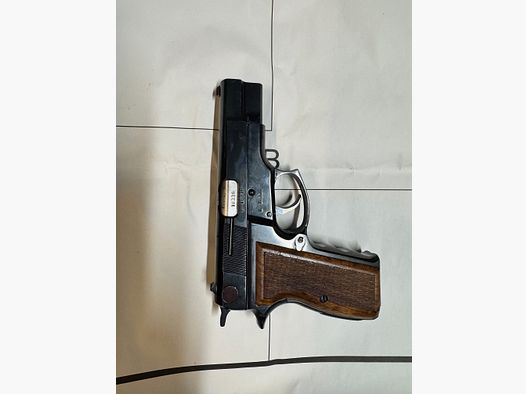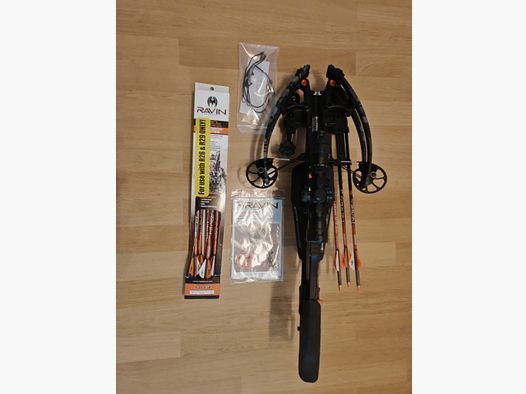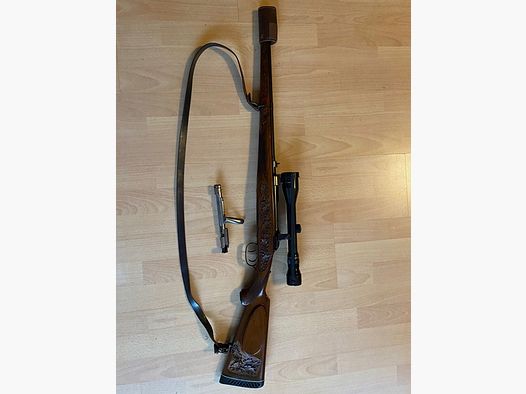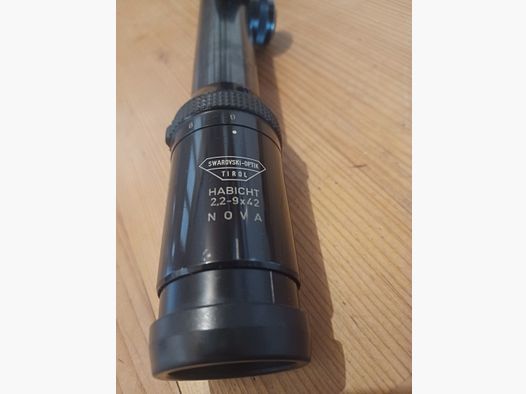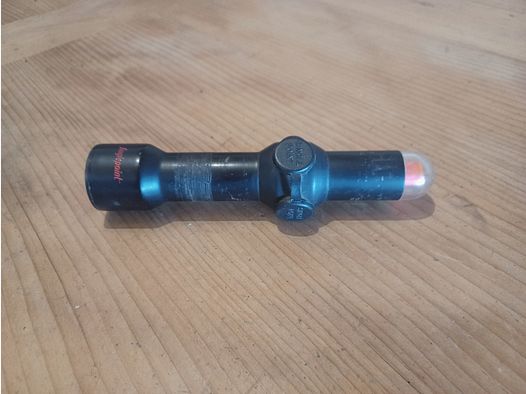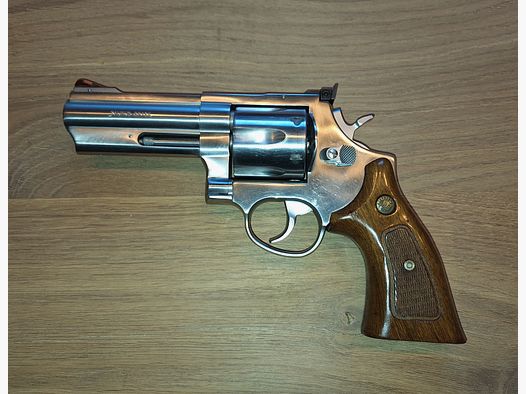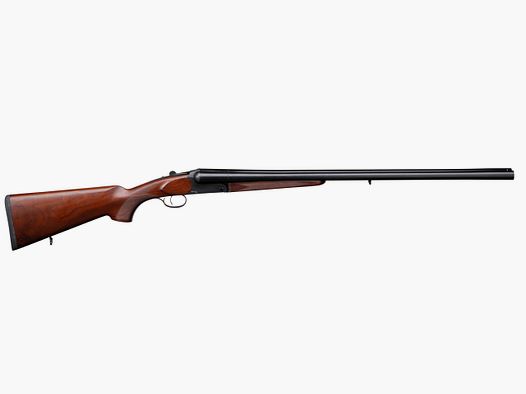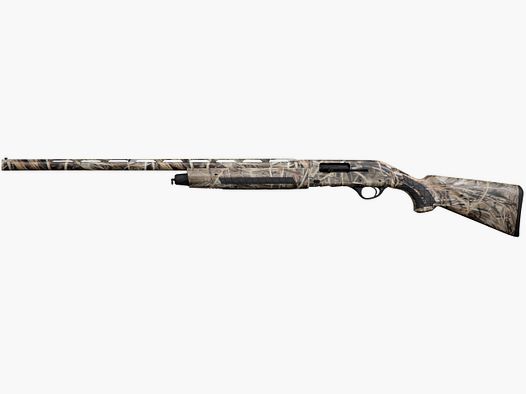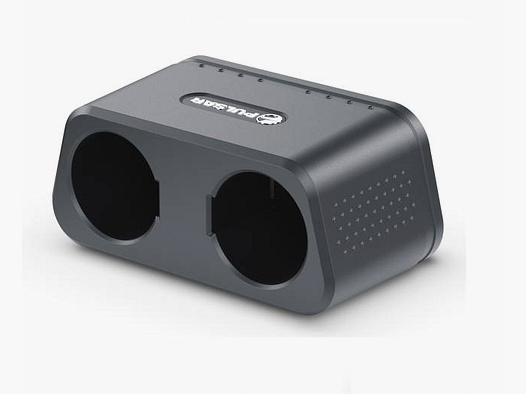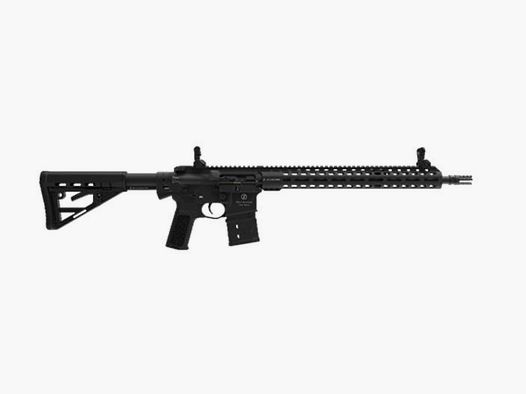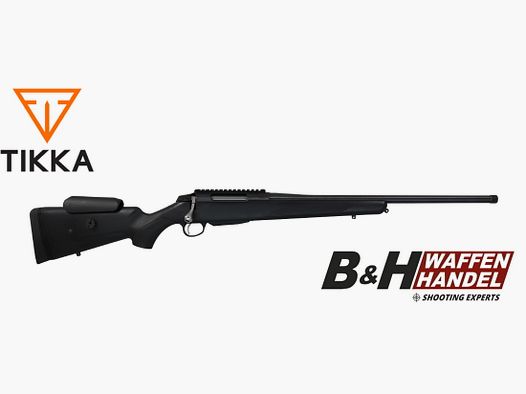The gun law in Germany has undergone several significant changes in recent years. These adjustments are part of the government's efforts to enhance public safety and prevent the misuse of firearms. The legal amendments affect both the acquisition and possession of weapons as well as their storage and handling. This article provides a comprehensive overview of the most important changes in German gun law up to January 1, 2024.
The Key Changes at a Glance
- Tightening of Gun Laws 2020
- Introduction of the National Firearms Register 2.0
- Expansion of Reliability Checks
- New Regulations for the Storage of Weapons
- Improved Monitoring and Controls
1. Tightening of Gun Laws 2020
In 2020, a comprehensive tightening of the German gun law came into effect. These changes were largely a response to terrorist threats and growing security concerns. Key points included:
- Ban on Certain Types of Weapons: Semi-automatic weapons that appear to be fully automatic military weapons were banned. This particularly affects weapons that can be easily converted into fully automatic firearms.
- Magazine Sizes: Magazines that hold more than ten rounds for long guns and more than 20 rounds for handguns were banned for civilians.
- Psychological Tests: Psychological tests were introduced for first-time applications for gun permits to better assess the applicant's suitability.
2. Introduction of the National Firearms Register 2.0
Another important step was the introduction of the National Firearms Register 2.0 (NWR 2.0) in 2021. This expanded registration system serves to improve the traceability and control of weapons and weapon parts. Innovations included:
- Central Data Collection: All essential weapon parts must be recorded in the National Firearms Register, ensuring seamless traceability.
- Expanded Registration Obligations: Suppressors and essential weapon parts such as bolts and barrels must now also be registered.
- Electronic Reporting: Gun dealers and gun owners are required to report changes in their weapon inventory electronically, which shortens processing times and makes administration more efficient.
3. Expansion of Reliability Checks
The reliability check, which is necessary for the acquisition and possession of weapons, has been significantly expanded. This measure aims to ensure that only individuals who do not pose a threat to public safety have access to firearms.
- Regular Reviews: The reliability check is now repeated at regular intervals, rather than being conducted only at the initial application for a gun ownership card.
- Involvement of Additional Authorities: In addition to the previous checks by the police and the Office for the Protection of the Constitution, information from other authorities such as the judiciary and healthcare is now included.
- Stricter Criteria: Individuals convicted of certain crimes or suspected of extremist activities are excluded from gun ownership.
4. New Regulations for the Storage of Weapons
Safe storage of weapons is a central aspect of German gun law. In recent years, the requirements for the storage of weapons and ammunition have been tightened to prevent unauthorized access.
- New Standards for Gun Cabinets: Since 2020, all newly purchased gun cabinets must meet the requirements of security level 0 or 1 according to the DIN/EN 1143-1 standard.
- Separation of Weapons and Ammunition: Weapons and ammunition must be stored in separate, secured containers if they are not to be immediately ready for use.
- Inspections: Compliance with storage regulations is monitored through increased inspections by the relevant authorities. Violations can result in severe penalties, including the revocation of the gun ownership card.
5. Improved Monitoring and Controls
The monitoring and control of legal gun ownership have also been intensified in recent years.
- Enhanced Cooperation: Cooperation between various authorities and institutions has been improved to optimize information exchange and ensure the enforcement of gun laws.
- Inventory Checks: Gun authorities are now required to regularly check the inventories of gun dealers and owners to ensure that all weapons are properly registered and securely stored.
- Use of New Technologies: Modern technologies such as electronic weapon registers and surveillance systems have been introduced to enable more effective control and tracking of firearms.
The changes in German gun law in recent years reflect efforts to enhance public safety and prevent the misuse of firearms. Through stricter regulations, improved monitoring, and the use of modern technologies, legal gun ownership is to be strictly controlled and misuse effectively prevented. These measures ensure that only reliable and suitable individuals have access to firearms while simultaneously protecting the rights of legal gun owners.



